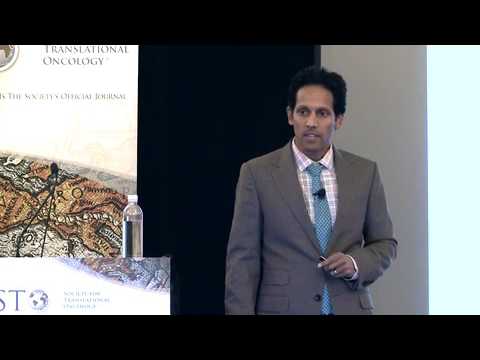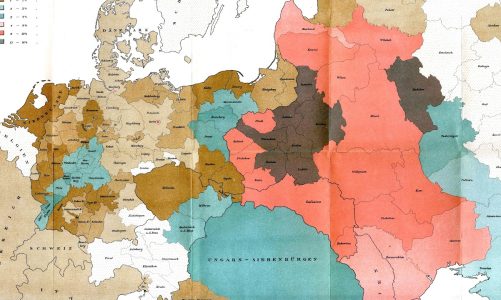Raj Gopal, MD, PhD, Massachusetts General Hospital, Harvard Medical School
An array of metabolic adaptations, from a preferential utilization of glycolysis to a striking upregulation of mitochondrial oxidative phosphorylation, can be seen in cancer. Integrative genomic analyses have revealed key pathways enabling such stereotyped metabolic shifts in tumor metabolism. While great attention has been paid to the “Warburg effect”—the tendency of cancer cells to rely on aerobic glycolysis—less is known about the role of mitochondrial metabolism in tumors. An opportunity for investigating this role exists with oncocytoma, an epithelial tumor of variable invasive potential made up of cells called oncocytes. Characterized by a hallmark granular eosinophilic cytoplasm due to a remarkable abundance of mitochondria, oncocytomas occur throughout the body, including the thyroid gland (known as Hurthle cell carcinomas, or HCC), salivary gland, and kidney (known as renal oncocytoma, or RO). To determine the molecular mechanism of mitochondrial accumulation and to delineate whether this contributes to tumor formation, our lab performed next generation sequencing of HCC and RO. We focused on simultaneous analysis of both mitochondrial DNA (mtDNA) and nuclear DNA (nuDNA) for somatic events that may contribute to oncocytic cellular change. Our results showed that somatic mtDNA mutations in complex I genes are enriched in both HCC and RO in the absence of recurrent nuclear events. Thus, impairment of complex I, the first step of the mitochondrial electron transport chain, via mtDNA mutation may play an important role in both the mitochondrial accumulation and abnormal cellular proliferation of these unique tumors.
source



